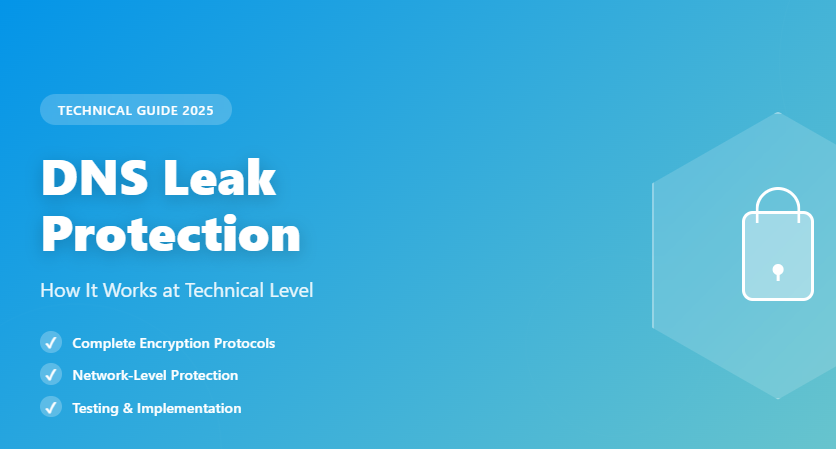What are the best alternatives to VPN for online privacy and security?

In today’s digital age, online privacy and security are paramount. While Virtual Private Networks (VPNs) are widely known and used for these purposes, there are several effective alternatives. This article explores the best alternatives to VPNs, detailing their features, benefits, and potential drawbacks.
1. Proxy Servers
What Are Proxy Servers?
Proxy servers act as intermediaries between your device and the internet. They route your internet traffic through a proxy server, masking your IP address and making your online activities appear as if they are coming from a different location.
Types of Proxy Servers
- Web Proxies: Accessible through web browsers, web proxies are easy to use and can bypass geo-restrictions to access blocked content.
- SOCKS Proxies: These handle various types of internet traffic, including web browsing, email, and P2P file sharing.
Advantages
- Ease of Use: Many web proxies are free and easy to access.
- Anonymity: They hide your IP address, providing a level of anonymity.
Disadvantages
- Lack of Encryption: Unlike VPNs, proxy servers typically do not encrypt your data, leaving it vulnerable to interception.
- Limited Scope: Web proxies only protect traffic within the browser, not system-wide.
2. Tor (The Onion Router)
What is Tor?
Tor is a free, open-source network that enhances privacy by routing your internet traffic through multiple volunteer-operated servers (nodes), each adding a layer of encryption. This process makes it extremely difficult to trace your online activities back to you.
Advantages
- High Anonymity: Tor offers high levels of anonymity, making it difficult for anyone to track your online activities.
- Free to Use: The Tor network is free to access and use.
Disadvantages
- Slow Speeds: Due to the multiple layers of encryption, Tor can significantly slow down your internet connection.
- Limited Use: Tor is primarily used for web browsing and not suitable for all types of internet traffic.
3. Smart DNS
What is Smart DNS?
Smart DNS services reroute your DNS queries through their servers, allowing you to access geo-restricted content without changing your IP address. Unlike VPNs, Smart DNS does not encrypt your data.
Advantages
- Faster Speeds: Since there is no encryption, Smart DNS services offer faster speeds compared to VPNs.
- Bypass Geo-Restrictions: Effective for accessing geo-blocked content such as streaming services.
Disadvantages
- No Encryption: The lack of encryption means less security and privacy protection.
- Limited Anonymity: Smart DNS does not hide your IP address or provide anonymity.
4. SSH Tunneling
What is SSH Tunneling?
SSH (Secure Shell) tunneling involves creating a secure tunnel between your device and a remote server using the SSH protocol. This method encrypts the data passing through the tunnel, providing a secure connection.
Advantages
- Secure Connection: SSH tunneling offers strong encryption, securing your data.
- Versatility: Can be used for various types of internet traffic.
Disadvantages
- Technical Setup: Setting up SSH tunneling can be complex and requires technical knowledge.
- Limited Use: Not as versatile as VPNs for general internet use.
5. Encrypted Browsers
What are Encrypted Browsers?
Browsers like Brave and Tor Browser come with built-in privacy and security features. These browsers often include ad-blocking, tracking protection, and encryption.
Advantages
- Easy to Use: These browsers are user-friendly and require minimal setup.
- Built-in Privacy Features: Offer enhanced privacy and security features out of the box.
Disadvantages
- Browser-Specific: Protection is limited to activities within the browser.
- No System-Wide Protection: Other internet traffic from your device is not protected.
6. HTTPS Everywhere
What is HTTPS Everywhere?
HTTPS Everywhere is a browser extension that ensures you connect to websites over HTTPS, providing encrypted communication between your browser and the websites you visit.
Advantages
- Enhanced Security: Encrypts communication with websites, protecting data in transit.
- Easy Installation: Simple to install and use as a browser extension.
Disadvantages
- Limited Scope: Only protects data in transit for websites supporting HTTPS.
- Browser-Specific: Does not protect other types of internet traffic.
7. Zero Trust Network Access (ZTNA)
What is ZTNA?
Zero Trust Network Access (ZTNA) is a security model that grants access to network resources based on user verification and device compliance, rather than network location. This approach is often used in enterprise environments.
Advantages
- High Security: Provides granular access control and strong security measures.
- Scalability: Suitable for large organizations with complex network requirements.
Disadvantages
- Complex Implementation: Requires significant setup and management.
- Enterprise-Focused: More suitable for business environments than individual users.
Conclusion
While VPNs are a popular choice for enhancing online privacy and security, there are several viable alternatives. Proxy servers, Tor, Smart DNS, SSH tunneling, encrypted browsers, HTTPS Everywhere, and ZTNA each offer unique benefits and drawbacks. Understanding these alternatives can help you choose the right tool for your specific needs, whether you prioritize speed, security, or ease of use. By exploring these options, you can enhance your online privacy and security in ways that best suit your requirements.
Loading newsletter form...






